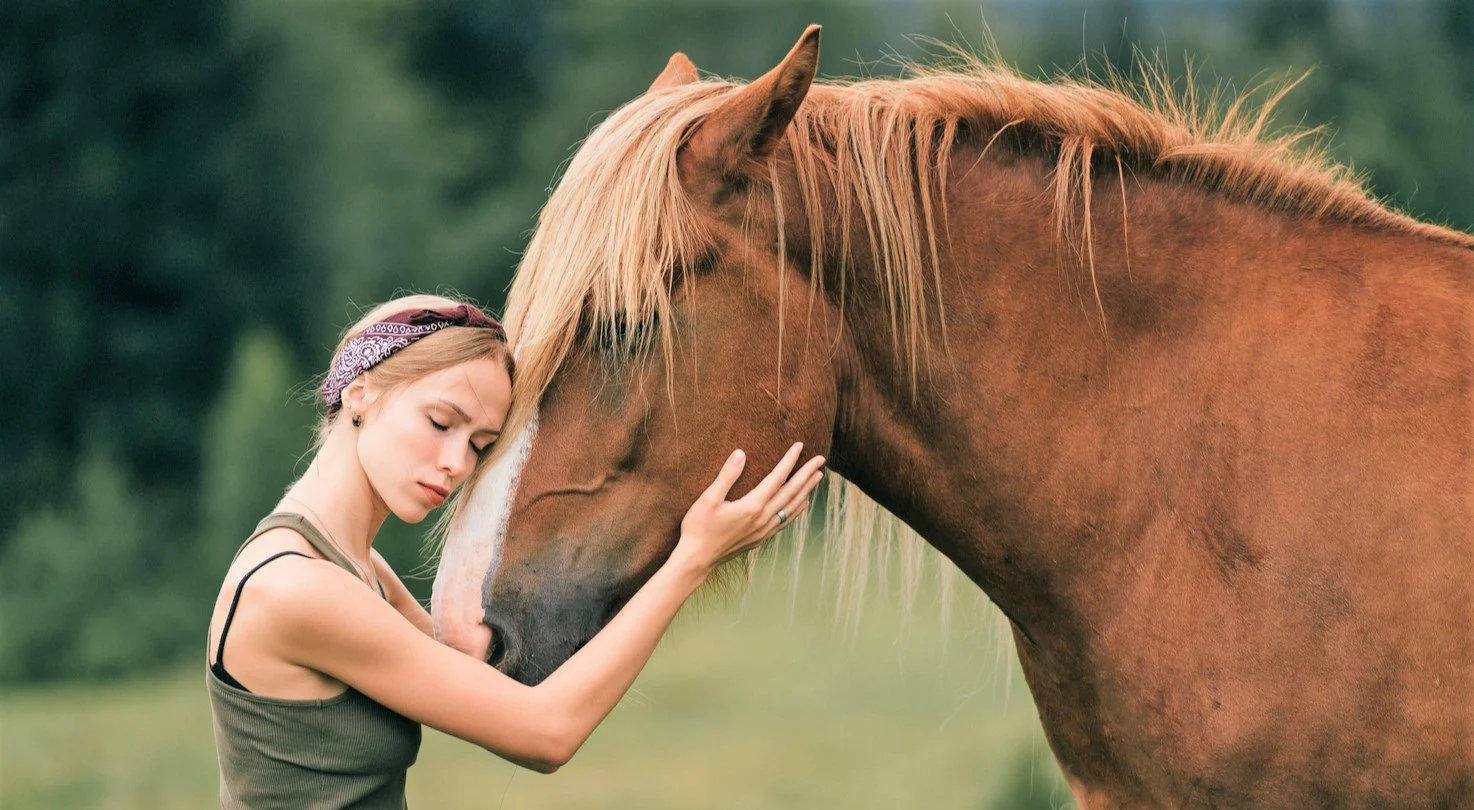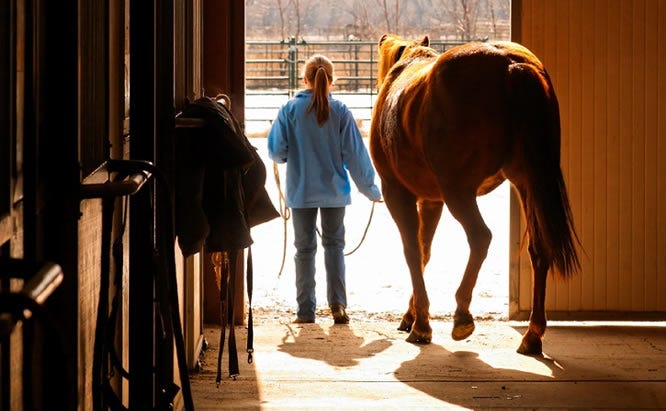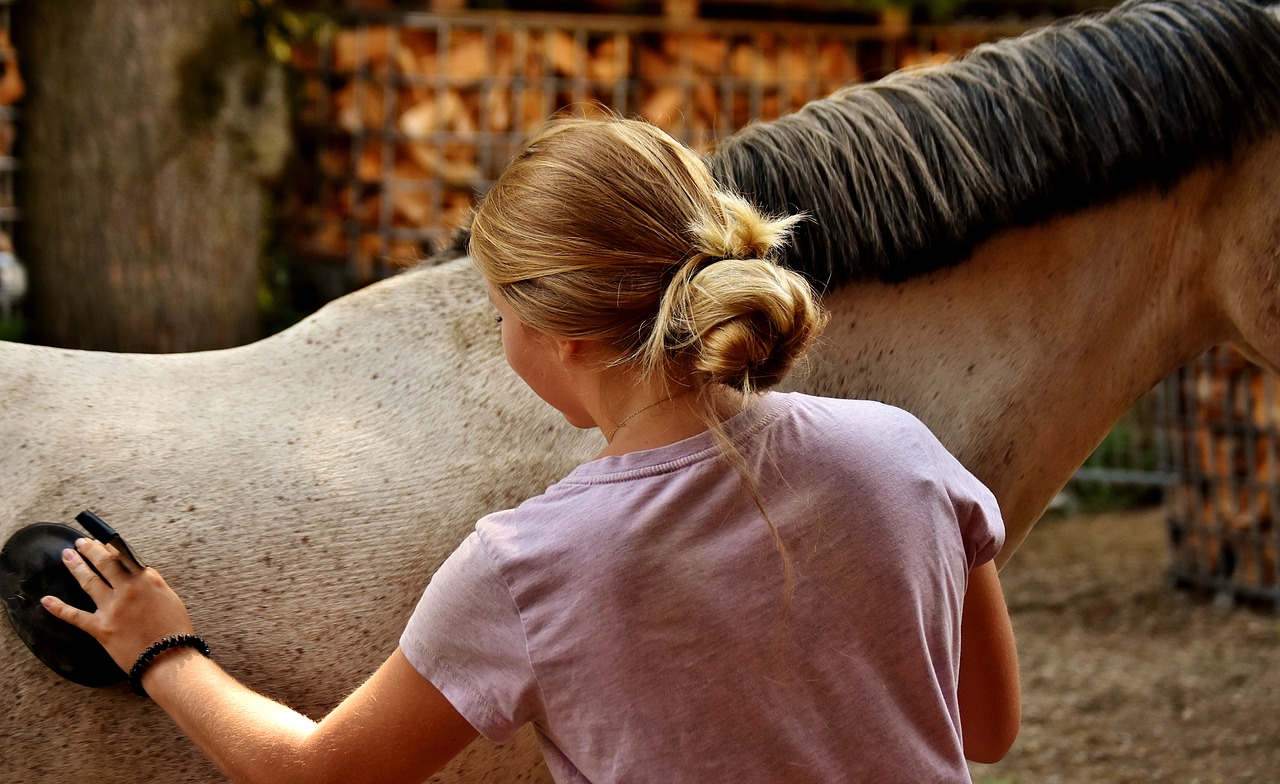As horses age, they encounter various challenges that require careful attention and management. Understanding the common senior horse problems is crucial for maintaining their health and well-being. In this article, we will delve into these issues, providing insights and solutions to ensure your beloved equine companion enjoys their golden years.

The Aging Process in Horses
Just like humans, horses undergo physiological changes as they age. These changes can impact their overall health and quality of life. Recognizing the signs of aging is the first step in addressing senior horse problems effectively.
Dental Issues in Senior Horses
Understanding Dental Health
Dental problems are among the most common senior horse problems. As horses age, their teeth wear down, leading to difficulties in chewing and digesting food. Regular dental check-ups are essential to prevent severe complications. For a deeper dive into specific dental concerns, you can explore more about tooth grinding and back teeth issues.
Signs of Dental Problems
Look out for signs such as weight loss, drooling, and difficulty eating, which may indicate dental issues. Consulting with a veterinarian for a thorough dental examination can help address these problems early.
Joint and Mobility Issues
Recognizing Joint Pain
Joint pain and stiffness are prevalent among older horses. Arthritis is a common condition that affects their mobility. Providing joint supplements and ensuring regular exercise can alleviate discomfort.
Maintaining Mobility
Encourage light exercise to keep joints flexible. Consult a veterinarian for appropriate treatment options, such as anti-inflammatory medications or physical therapy.
Nutritional Needs of Senior Horses
Adjusting Diet for Older Horses
Senior horses have unique nutritional requirements. As they age, their metabolism slows down, and their digestive efficiency decreases. Providing a balanced diet that meets their changing needs is essential. Consider incorporating specialized senior horse feeds that are easily digestible.
Monitoring Body Condition
Regularly assess your horse’s body condition to ensure they are neither underweight nor overweight. Adjust their diet accordingly to maintain optimal health.
Addressing Weight Management Challenges
Weight management can be challenging for senior horses. Some may struggle with weight loss, while others may become overweight. Tailoring their diet and exercise routine can help manage these challenges effectively.
Equine Metabolic Syndrome (EMS)
EMS is a condition that affects many senior horses. It is characterized by insulin resistance and abnormal fat distribution. Early diagnosis and management through diet and exercise can prevent complications.
Vision and Hearing Changes
As horses age, their vision and hearing may decline. Regularly monitor any changes in behavior that might indicate sensory impairments. Adjust their environment to ensure safety and comfort.
Skin and Coat Health
Older horses may experience changes in skin and coat condition. Regular grooming and appropriate dietary supplements can help maintain a healthy coat and prevent skin issues.
Maintaining Mental Health
Mental stimulation is vital for senior horses. Engage them in activities that challenge their minds, such as interactive toys or gentle groundwork exercises.
Preventative Veterinary Care
Regular veterinary check-ups are essential for early detection and management of senior horse problems. Routine vaccinations, dental exams, and blood work can help keep your horse healthy and happy. For more on the importance of dental exams, visit our internal resources.
Building a Senior Horse Care Plan
Developing a comprehensive care plan tailored to your horse’s specific needs is crucial. Collaborate with a veterinarian to create a plan that addresses their unique health challenges.
Providing a Comfortable Environment
Ensure your senior horse has a comfortable living environment. Soft bedding, easy access to food and water, and protection from harsh weather conditions are essential for their well-being.
Hydration and Water Intake
Older horses may have decreased thirst perception. Ensure they have access to clean, fresh water at all times to prevent dehydration.
The Role of Supplements
Supplements can play a significant role in supporting the health of senior horses. Consult your veterinarian to determine which supplements are appropriate for your horse’s specific needs.
Conclusion: Embracing the Golden Years
Caring for a senior horse requires dedication and attention to detail. By understanding common senior horse problems and implementing proactive care strategies, you can ensure your horse enjoys a fulfilling and healthy life in their later years.
For further reading on senior horse care, you might find this external guide useful.

Frequently Asked Questions
1. What are the most common health issues in senior horses?
Dental problems, joint issues, and metabolic disorders are among the most common health concerns for senior horses.
2. How often should senior horses have dental check-ups?
It is recommended that senior horses have dental check-ups at least once a year to prevent and address any dental issues early.
3. What dietary changes are necessary for senior horses?
Senior horses may require diets that are higher in fiber and low in sugar, with added supplements to support joint health and digestion.
This article contains affiliate links. We may earn a commission at no extra cost to you.
